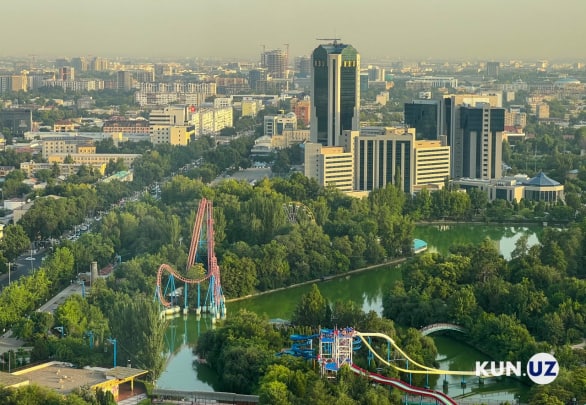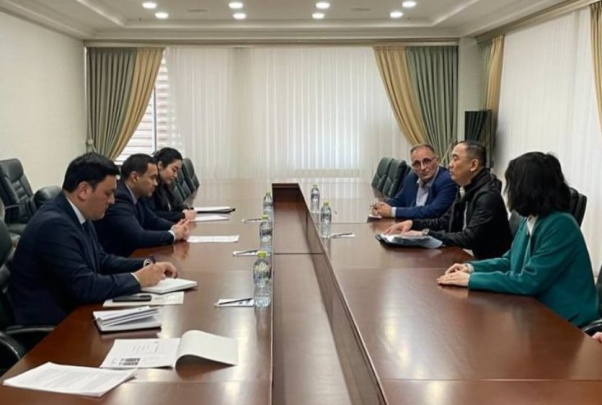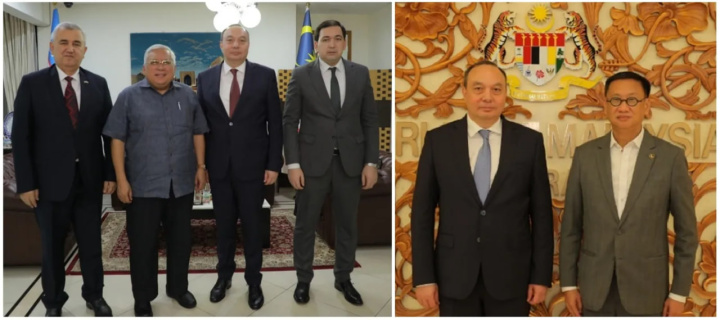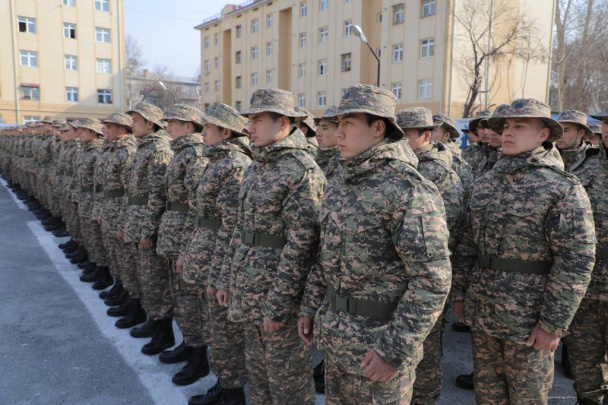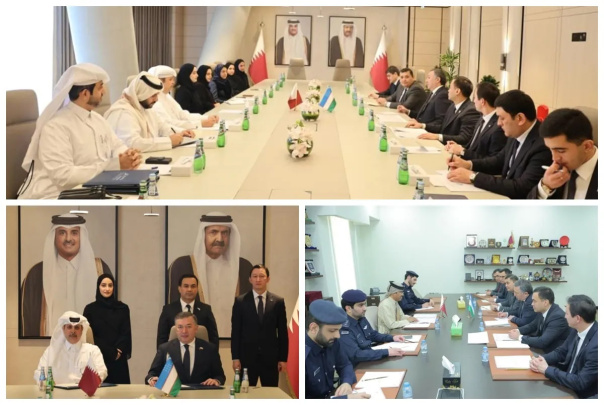The US has threatened that it would impose sanctions on individuals and companies outside of Russia that help circumvent Western restrictions imposed due to the war in Ukraine. In particular, the US Ministry of Finance included Uzbekistan, Kyrgyzstan, Kazakhstan, Tajikistan and a number of other countries in the list of states where goods restricted by sanctions can be delivered to Russia and Belarus. So, how dangerous are secondary sanctions for Uzbek companies?
Economic sanctions and their nature
Economic sanction is the restriction or complete suspension of trade and financial transactions to achieve certain objectives related to security or foreign policy issues. Sanctions can be applied by both individual states and international organizations against individuals and legal entities, organizations or countries. The higher the economic interdependence between the sanctioning and sanctioned states, the more effective the restrictions.
The US is the country that uses economic sanctions the most and actively, which can be explained mainly by the dominant role of the dollar in the world economy. A high share of the dollar in international settlements is important in determining the violation of sanctions regimes and minimizes the possibility of circumventing the restrictions imposed by the United States.
Today, third-country organizations and individuals who bypass the sanctions imposed by the Collective West and provide assistance to Russian companies are threatened with secondary sanctions.
For example, a few months ago, the US State Department imposed restrictions on Uzbekistan’s Promcomplektlogistic company for violating the regime of sanctions against Russian enterprises. This was due to Promcomplektlogistic’s cooperation with the Russian defense industry supplier Radioavtomatika, which was sanctioned on March 3.
Banks are the weakest point
Banks act as a bridge across the economy by providing financial services. In this regard, the probability of commercial banks in Uzbekistan falling into secondary sanctions in the process of cooperation with sanctioned Russian organizations remains high.
In addition, the United States and the European Union issued a warning to banks working with the Russian MIR payment system. According to the Financial Times, the economic sanctions imposed on Russia did not have the intended effect, so the Western countries want to strengthen the previously introduced restrictions.
Currently, the banks of Turkey, Vietnam, South Korea, Armenia, Belarus, Kazakhstan, Kyrgyzstan, Tajikistan and Uzbekistan cooperate with the MIR payment system.
Although restrictions were not imposed against this payment system operator, Natsionalnaya sistema platejnyx kart, the CEO of the organization, Vladimir Komlev, is included in the list of new sanctions announced on September 15.
“It is better for Uzbek banks to refrain from entering into agreements with the MIR system and from expanding cooperation on concluded agreements,” economist Otabek Bakirov said.
Earlier, the Central Bank of Uzbekistan informed that international legal consulting companies were involved in order to return the liabilities from the Russian banks under strict sanctions by local banks on time and without creating the risk of secondary sanctions.
Mamarizo Nurmuratov, the CB Chairman, also confirmed that it is difficult for the commercial banks of Uzbekistan to import cash foreign currency independently.
“It’s more symbolic”
According to economist Mirkomil Kholboyev, Uzbekistan’s inclusion in the list of possible transit countries for transporting banned goods to Russia or Belarus is more symbolic.
“Due to the following several reasons, the probability of delivery of prohibited goods from Uzbekistan to Russia is close to zero.
First of all, the list of prohibited goods for delivery to Russia or Belarus is not large and most of them are everyday consumer goods. It is very difficult to smuggle such goods from one country to another (for example, aircraft parts) and this practice cannot be carried out by anyone, it is not that difficult to control them. Due to the high probability of falling into sanctions at the state level, the countries included in the list (especially Uzbekistan) better control the re-export of these goods to Russia at customs.
Secondly, Uzbekistan is still not the main country in the transit of some goods to Russia. Because it is relatively expensive and inconvenient to transport goods to this country through Uzbekistan. In other words, even from the point of view of logistics, it makes almost no sense to transport prohibited goods through Uzbekistan to Russia.
Thirdly, it is true that we are considered close partners with Russia (we also have a free trade area within the CIS), but we do not have a customs union, and there are several countries that are in the same customs union with Russia in terms of convenient, easy and cheap transportation of prohibited goods. Even if some operations are observed with the re-export of prohibited goods, the probability that it will be through those countries is twice as high as opposed to Uzbekistan.
Fourth, as I mentioned above, engaging in the re-export of prohibited goods to Russia may result in some additional bans or sanctions. From this point of view, there is no doubt that our decision-makers will try to strictly control such practices,” the economist said.
Potential risks remain high
The probability of Uzbek companies falling into secondary sanctions remains high. In particular, companies operating in the US and EU markets will have to thoroughly analyze the risks of restrictions on cooperation with Russian counterparties.
One of the factors that can minimize the risks of sanctions may be the transition to mutual settlements in national currencies instead of dollars. But trading in conditional rubles primarily helps to strengthen the ruble. There is no benefit to Uzbekistan from this.
Also, some companies see Uzbekistan as one of the ways to avoid sanctions. In particular, the Chinese smartphone manufacturer Honor announced that it had reached an agreement to supply its phones to the Russian market through Uzbekistan in order to avoid sanctions.
According to experts, working with distributors in Central Asia allows reducing the risk for companies trying to bypass sanctions and import products to Russia. This may lead to an increase in such practices in the near and medium term.
In the collective West, the most important weapons of economic pressure on Russia still remain secondary sanctions and a full trade embargo. So far, the West has applied secondary extraterritorial sanctions against Russia and has not required third countries to comply with them, and no clear criteria have been developed in this regard. But finding other alternative markets for energy resources and cutting trade ties with the official Kremlin, imposing sanctions on third countries will become one of the most issues on the EU agenda. In this case, the list of goods prohibited for delivery to Russia may double.
Uzbekistan is one of the few countries that can help Russia circumvent sanctions, but as a result, Uzbekistan itself may be subject to painful secondary sanctions. In this regard, it is necessary for the relevant state organizations to inform commercial banks and foreign trade companies about the risk of secondary sanctions.

